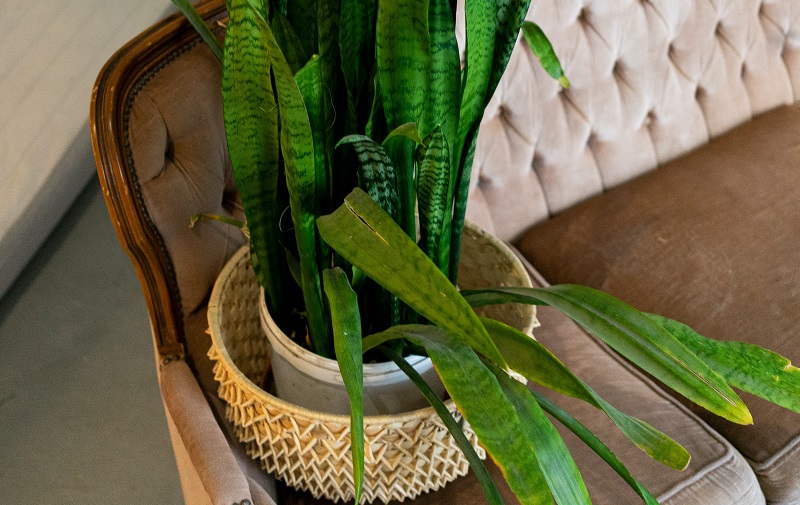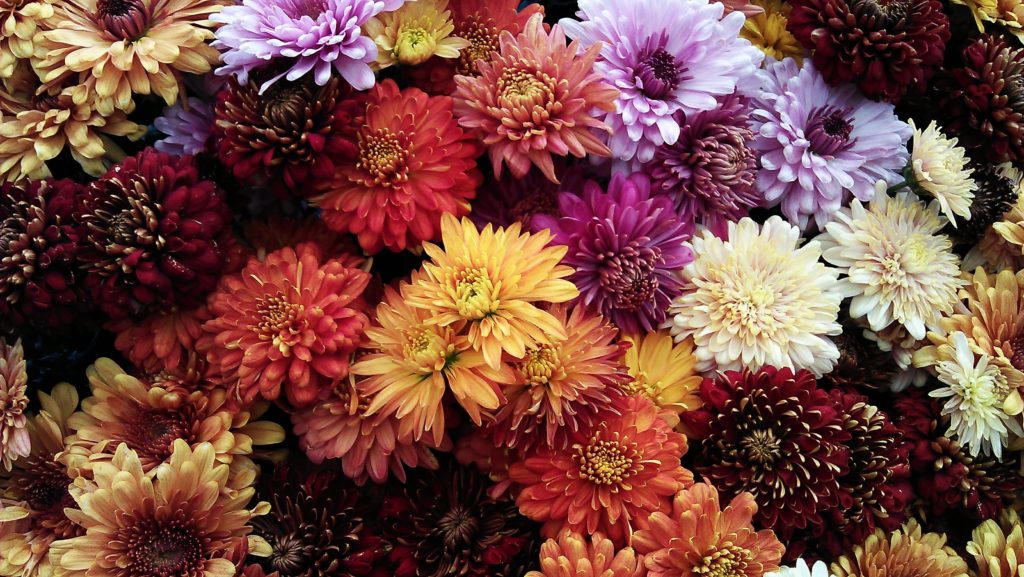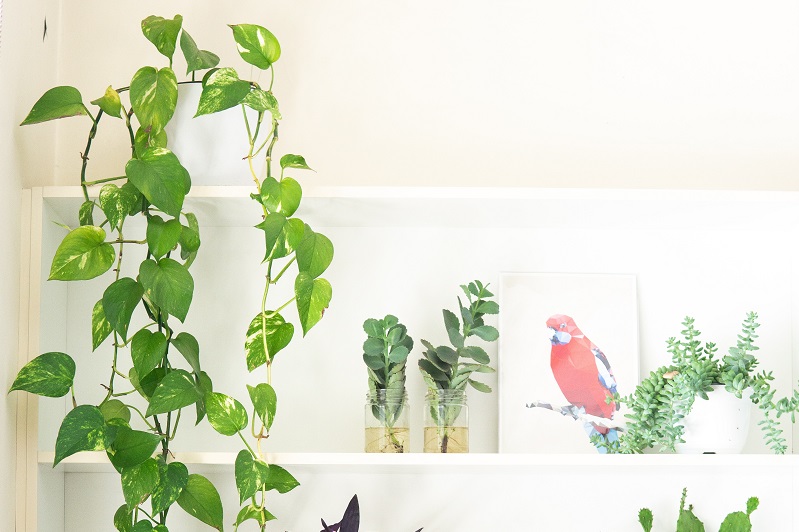If you’re currently living in a new building, it’s probably very well isolated. If your home is a few years old, you’ve probably struggled with fungi or poor isolation.
Either way, all these homes have one thing in common: poor air flow.
This becomes a bigger problem during the cold season when we’re less prone to opening our windows. However, they can still have a severely negative impact on our lungs and immunity in the long run.
Ever since 1989, NASA has found that some houseplants are very good at absorbing something more than carbon dioxide: toxins.
Today, we’ll have a look at the best houseplants which clean the air in your home efficiently and keep you healthy in a simple way.
Ready? Let’s start!
Plants easy to care for
Don’t have time to take care of a plant properly? No problem! You can still enjoy the air-purifying benefits of these low-maintenance plants which can thrive without special care.

Dracaenas
If you want a colorful plant that requires minimal care, this is the best option. From bright purple to tall, large leaves, dracaenas come in every shape and color you may think of.
Care: Keep the soil damp, but don’t over-water it since it could be fatal.
Toxicity: Store the plant away from your pets; eating it might cause dilated pupils, nausea or excessive salivation.
Health benefits: eliminates xylene, toluene, benzene, formaldehyde
Spider plants
These beautiful, long-leaved plants are also called air plants because they don’t require very little or no dirt at all to thrive. With over 200 species to choose from, these guys are very easy to take care of and some may even produce white blossoms!
Care: Simply water your plant two or three times a week.
Toxicity: This plant is safe for children and animals alike.
Health benefits: eliminates xylene and formaldehyde from the air

Chrysanthemums
Not only are these ‘mums’ filled with gorgeous, colorful flowers, but it’s also the best low-care plant on our list. However, its air-purifying properties only work while it blossoms, which is about six weeks during springtime. You can keep growing new pots or fertilize the same pot every spring for new growths.
Care: Keep the soil moisture and damp by watering every other day.
Toxicity: Unfortunately, this plant is toxic for cats and dogs alike.
Health benefits: eliminates ammonia, benzene, xylene, formaldehyde
Plants that require extra care
If you have some extra time on your hands and usually love plants, these air-purifying options are a unique way of decorating most interior spaces.

English ivy
If you’d like to make a certain room look more alive, a climbing plant like the English ivy can improve your space in no time. Depending on which type of plant you choose, it may need more or less sunlight, so make sure to read the instruction thoroughly. Otherwise, you will probably fall in love with its elegant leaves as soon as they start decorating your home naturally.
Care: Water generously while growing and keep the water levels down during winter months.
Toxicity: Keep your English ivy away from children and pets. Eating this plant can cause toxic reactions and even severe contact dermatitis.
Health benefits: eliminates benzene, formaldehyde, trichloroethylene and others
Bamboo palms
This elegant plant looks equally great in your office and livingroom due to its imposing height and sturdy leaves. Bamboo palms are extremely valuable during winter months because their leaves transpire a great dose of moisture into the surrounding air.
Care: Keep it in well-illuminated areas, but not in direct sunlight. Make sure the air circulates freely through the room and keep the soil moist at all times.
Toxicity: This plant is safe for pets and children alike. Yay!
Health benefits: eliminates carbon monoxide, benzene, xylene, chloroform and others
Chinese evergreen
This type of perennials originated from tropical forests in Asia make a beautiful, unique addition to any home. They can eliminate most common toxins around the house – but they do require some extra love on your part!
Care: Allow the compost to become almost dry before watering the plant again. These plants enjoy high humidity and you should mist them regularly to keep them healthy.
Toxicity: Chinese evergreen is toxic to dogs, so if you own a puppy, place it in a safe area.
Health benefits: eliminates benzene, carbon monoxide, trichloroethylene and formaldehyde


























